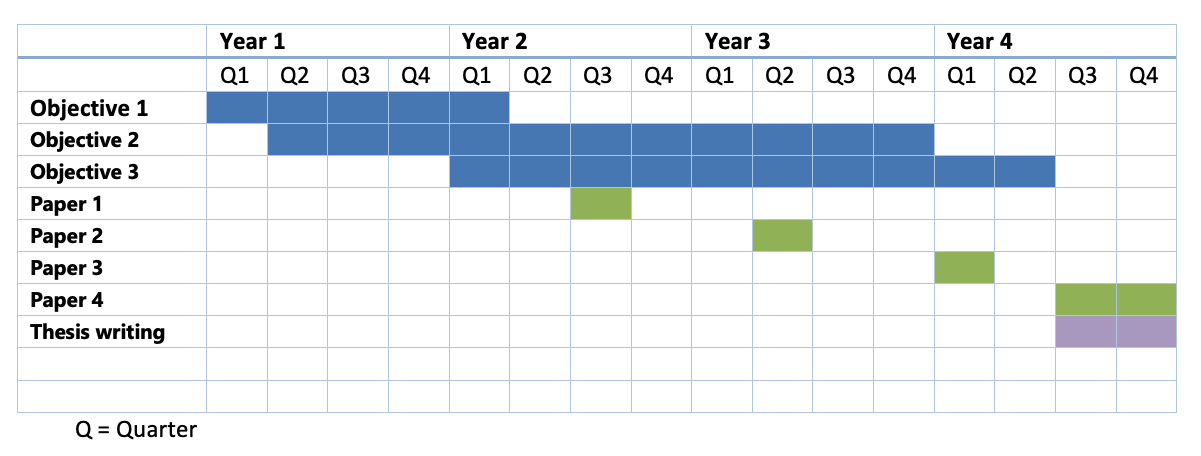Joyce
van Bree

Project
Tags
Promotor
Monique van Oers
Co-promoter(s)
Gorben Pijlman; Jelke Fros
Institute(s)
Wageningen University
Description PhD project
The recent rather impetuous developments of this modern world the past decades invites more viruses to (re-)emerge in the future; and mosquito-borne viruses (MBVs) are no exception to that. The still intensifying intercontinental travel and trade together with climate change expand the mosquito habitat and affect virus-mosquito interactions; hence fueling the endemic potential of many (yet unknown) MBVs. The main aim of this project is to understand molecular determinants required for a virus to infect vertebrates and to use this knowledge to protect humans and animals from pathogenic MBV infections.
MBVs have adapted to replicate in two evolutionary very distant hosts: the vertebrate and invertebrate host. In vertebrates an underrepresentation of CpG and UpA dinucleotides is observed, whereas invertebrates only suppress UpA. Interestingly viruses seem to mimic the dinucleotide content of their host: vertebrate infecting MBVs suppress both CpG and UpA, and insect-specific viruses UpA dinucleotides. Synonymously increasing the CpG content in vertebrate infecting MBVs attenuates the virus in vertebrate cells; viral fitness was restored again when interfering with the expression of the host’s antiviral proteins. Thus lowering the CpG content is an attempt of viruses to escape its vertebrate host’s antiviral pathways. Opposing to what was found in vertebrates, CpG-high mutants reached higher viral titers compared to wild type virus in invertebrate cells. A high CpG content seems a genomic feature restricting insect-specific viruses from replicating in vertebrates.
In this project we aim to understand the molecular features and mechanisms that restrict insect-specific viruses from being transmitted to the vertebrate host and eventually incorporate these features into the genome of vertebrate infecting MBVs. We hypothesize that this approach will reduce the MBV’s replication rate in humans and vertebrate animals, resulting in a strategy to create next-generation vaccines that is applicable to a much wider range of viruses.
Research questions / objectives
- Which host and mosquito proteins interact with CpG and UpA dinucleotides and what are their role during virus infection?
- What are the underlying immune mechanisms protecting vertebrate cells from insect-specific infections?
- Can implementation of these genomic features into the genomes of pathogenic MBVs be used as safe next-generation universal vaccine against pathogenic MBVs?
Timeline

Tags matching with the contents of track 26
Methods
-
Labwork
- PCR: Amplification viral genomic fragments, cloning
- RNA/DNA extraction: Extraction of viral RNA to generate infectious clones, but also from samples to determine viral gRNA copies
- In vitro: Titrations, expression of tagged-proteins
- Molecular Cloning: Generate CpG/UpA viral mutants, tagging proteins
- Plaque Assay: Determine plaques from mutant viruses vs wt viruses
- Living mosquito experiment: Effect of introducing CpG/UpA in viral genomes on transmission by mosquitoes
Literature
- Literature review: Not sure whether I will write one soon
- Document analysis: Not sure
Topics
-
Vector:
- Vector immune response: What mosquito proteins bind CpG and UpA dinucleotides and what are their role during infection (can either be proviral or antiviral)
Host:
- Host immune response: Which host proteins bind CpG/UpA dinucleotides and what are their role during infection (proviral or antiviral)
Virus:
- Mutations: Increasing or suppressing certain dinucleotide patterns
Interventions:
- Vaccines: Can we implement these genomic features attenuating a virus into the genomes of pathogenic MBVs. These mutant viruses could be used as live-attenuated vaccines.
- Preparedness: If indeed CpG/UpA-high viral mutants can protect vertebrates after challenging them with a wt virus, we could implement this for more RNA viruses (also SARS-CoV-2)
Species
-
Species:
- Human: Using human protein lysate to see which human proteins bind CpG/UpA dinucleotides
- Mosquito: Using mosquito protein lysate to see which human proteins bind CpG/UpA dinucleotides
Virus
-
Virus:
- West Nile virus: Planning to make WNV CpG/UpA high mutants
- Usutu Virus: Yes! Also because biosafety is lower and we can let master students do experiments using this model organism.
- Japanese Encephalitis Virus: Potentially
- Dengue Fever Virus: Potentially
- Zika Virus: Yes we have the ZIKV mutants already in the lab present and some pilot studies are performed with these CpG/UpA mutants
- Chikungunya Virus: This is an alphavirus and these viruses do not show suppression of CpG and UpA dinucleotides. Therefore, we want to investigate how alphaviruses cope with an anti-viral system which recognizes these dinucleotides.